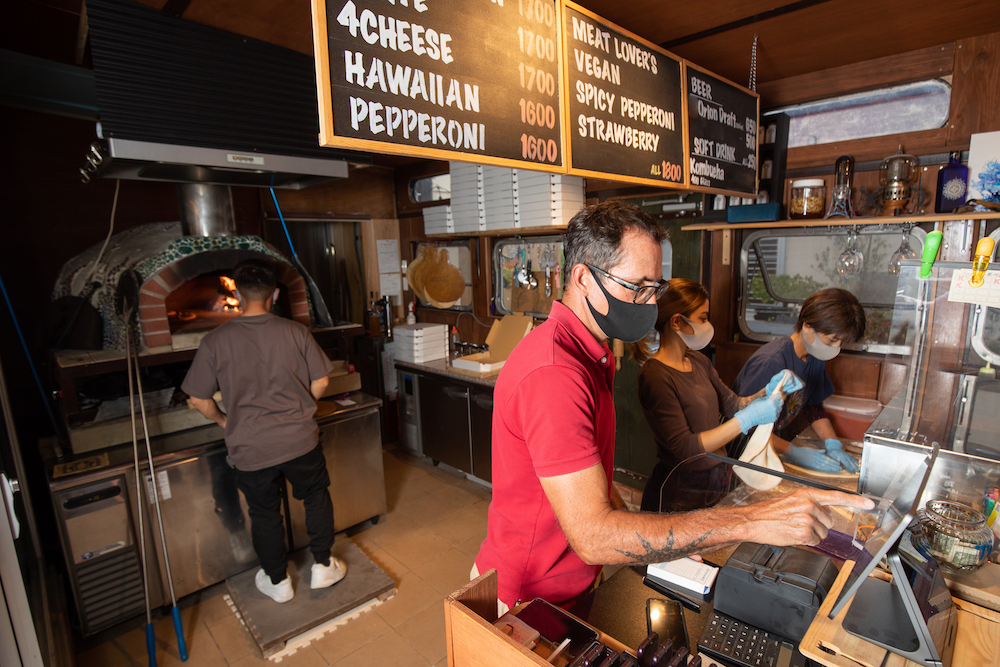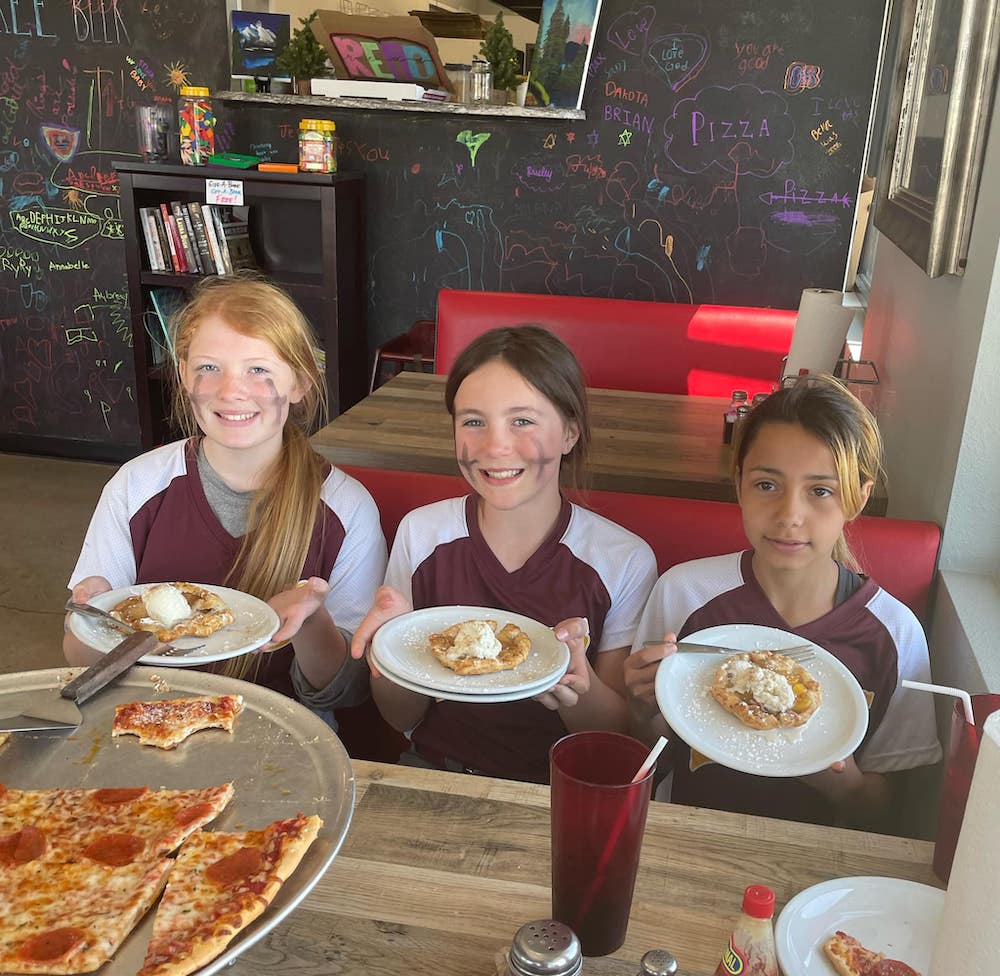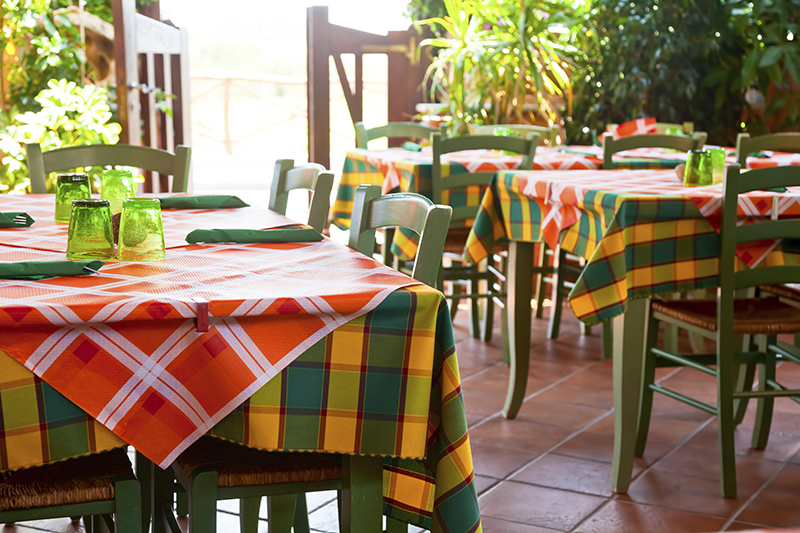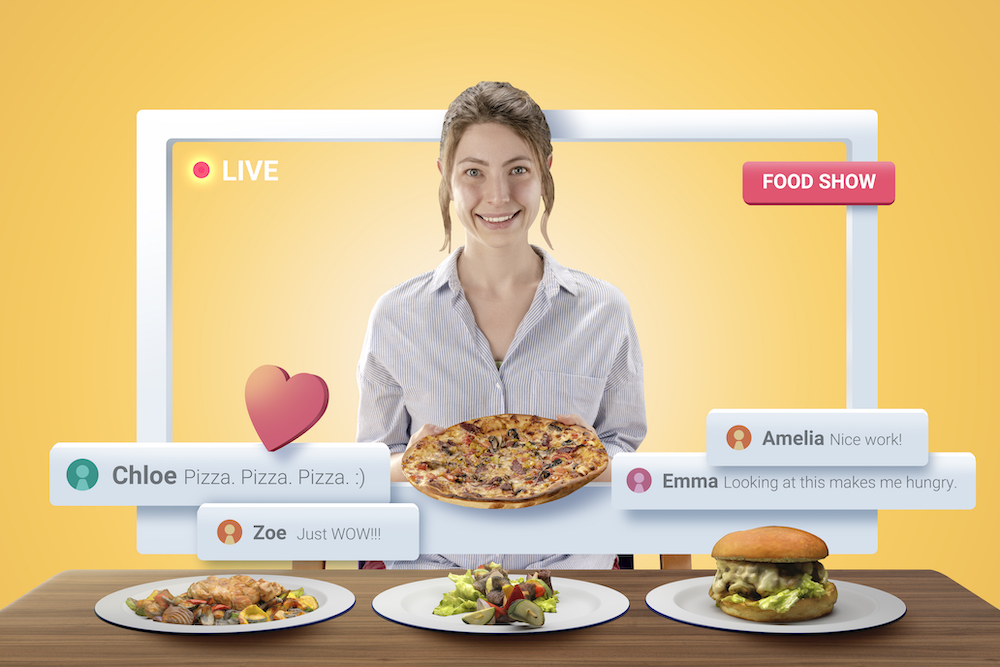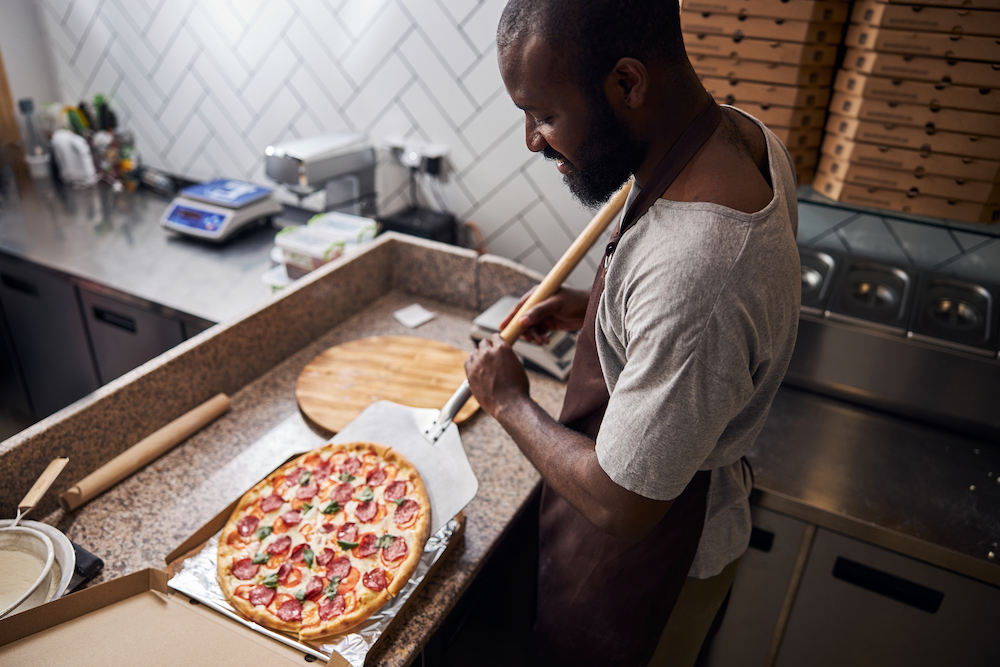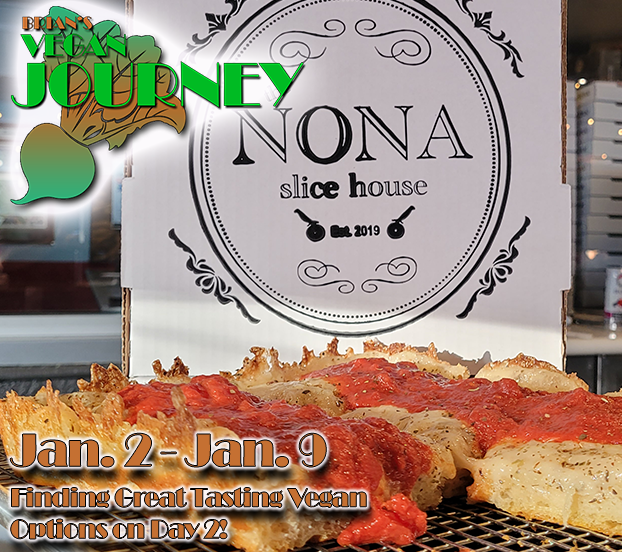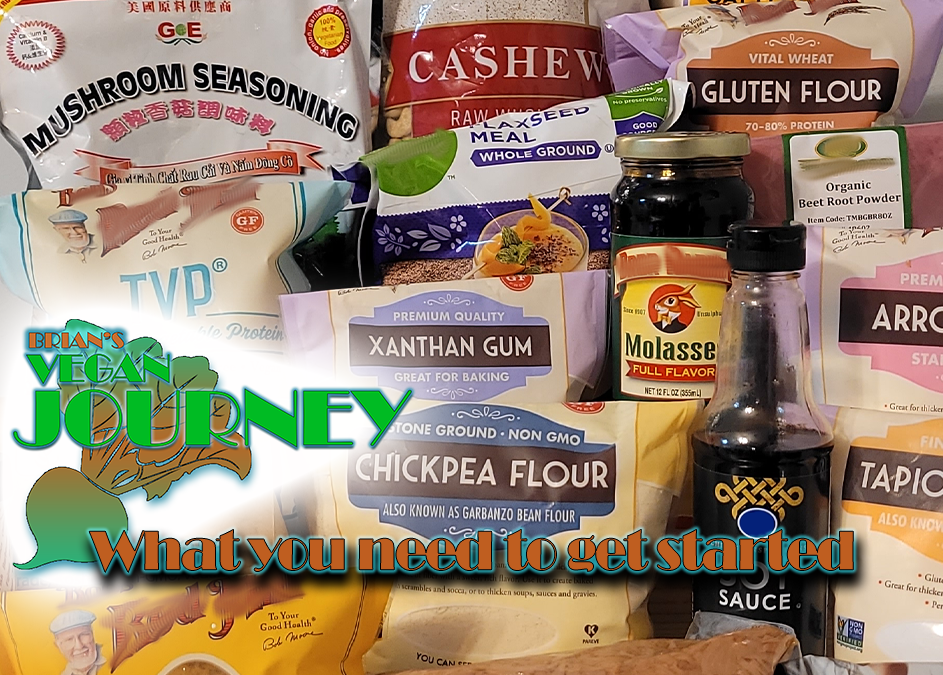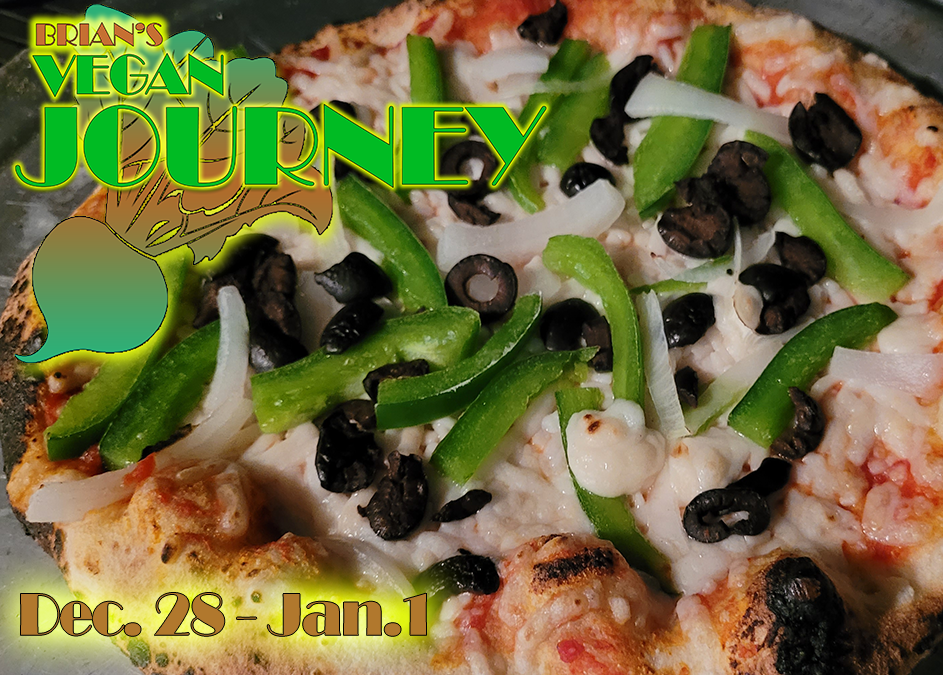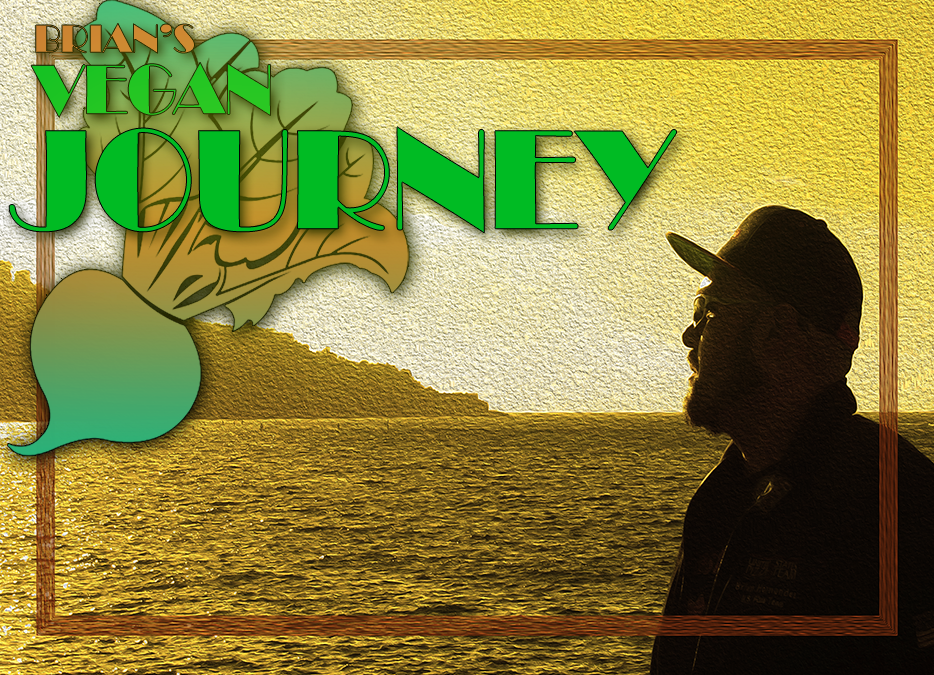By Brian Hernandez
As a constantly learning student of the art of pizza, test chef for PMQ and the coordinator for the U.S. Pizza Team, I have the luxury of meeting some of the greatest minds in the pizza industry. I have decided to share that privilege with everyone out there, mainly as an excuse so I can keep learning myself! And there are few pizza pros more knowledgable than master chef Leo Spizzirri. He has worked on all sides of the industry, as a chef, consultant and instructor, and serves as a vessel of pizza knowledge for all who need him.
Born and raised in Chicago, Leo has a long history in the pizza business. I was able corner him and get the full story. And with his thick Chicago accent straight out of “The Untouchables,” Leo painted a picture for me of someone following a predetermined path fueled by a passion and dedication to the industry we all love.
Brian: So why don’t you tell me a little about yourself and how you got started in pizza.
Leo: Well, I’m a pizzaiolo raised in Chicago. I’ve been in the pizza business all my life in some respect. I started at a young age and worked my way up the ladder. I really started to gain notoriety when I was the corporate/executive chef for all the Giordano’s here in Chicago, which you know is the monster stuffed pizza machine here with 46 restaurants all over the world. That’s where a lot of my knowledge came from about high-volume restaurants and procedures needed for a successful business.
Brian: You’ve said you’ve been around pizza most of your life, what is your earliest memory of pizza? Maybe the first time you heard the word pizza, or a smell?
Leo: It’s crazy because that’s actually what my memory is. I grew up right on a famous street in Chicago, Harlem Ave. Right across the street there was a pizzeria. I remember in the summer time when the windows were open, just getting the breezes with that smell of the pizza baking in the neighborhood.
Brian: What was your first job in the industry?
Leo: Being a kid, you can’t just jump on a line and start making pizzas, so, I did a lot of garbage tossing, a lot of mopping floors. And that’s a big piece of this. Even with the big guys in the industry, nobody just starts out on the line. You had to cut your teeth on the other jobs and muscle your way up the ranks.
Brian: Then how did you get to the level you are today?
Leo: So, I’ve never actually owned my own pizzeria, and that’s actually something that comes up all the time. Being that I’ve done all the things that I’ve done, I’ve traveled all over the world, I’ve competed, people say “I can’t believe you’ve never had your own restaurant. Why?!”. To me, there was always some charm about working for the big operations. I loved that. Even through my experience at Giordano’s, and working on things like consistency, you know, the nuts and bolts of the operation really appealed to me. The pizza was always number one, but as soon as you step away from the pizza and look from the outside into an operation, to be able to see labor, and management, and all these different things in there. That was a big part of the mystique to me, seeing how the big operations run and seeing them run consistently.
Brian: How did you get into consulting? When was the first time someone asked you a question and you said, “You know, this is what I want to do!”?
Leo: It was at the point where I came back from Italy, about 2009. I sparked a lot of attention in Chicago because I went away and enrolled in a pizza school, the Scuola Italina Pizzaioli, the “Top Gun” of Pizza schools. At that time, who’s ever heard of a pizza school? I came back with all this new knowledge, of things I’d never seen or tried before. All of a sudden my phone starts ringing and I’m hearing, “Hey, I gotta project I’m working on. You wanna come take a look at this pizza I’m doin’?”, and that really is what opened the door. It was that first phone call, with me not even knowing I was going to start a consulting business, and saying “Yeah, I’ll come give you some advice. Let me come check it out.”, and walking into that pizzeria and noticing so many mistakes here, so many things they could do better there. All of a sudden, I started getting a reputation as a pizza guy who knows the business, and it really snowballed from there. I consulted like that for about 8 years. Then I started getting some big companies asking me to come in and to sign a contract for a length of time. Pretty soon I wasn’t looking for work, it was looking for me.
Brian: What are the hardest hurdles to overcome in starting a pizzeria?
Leo: About a year ago I started a website called AskLeoPizza.com, and the whole point of putting the website together was to take a life’s worth of knowledge and be able to share it with someone who is brand new in the pizza business. The biggest hurdle they have is not knowing anything about the industry they are trying to get into. For them to be able to say they have a guy in their corner that’s been there, that is priceless. Someone who can spot a red flag coming a mile away, or say this is what you need as far as construction, or how to manage your food cost and labor. The biggest hurdle is trying to do it alone. It’s really humbling to hear people come to you after your done working on a project with them and hear them say, “Man, you really changed my life, I would have never been able to do this without you”. I think ultimately, that’s the reward.
Brian: What’s your favorite ingredient to work with as a chef?
Leo: Everybody knows that I eat, breathe, sleep dough. I consider the dough as an ingredient, and it’s probably your number one ingredient. If the dough is not right, the rest of your pizza’s not right. Now, if we’re talking about toppings, I come from that old school Italian mentality that less is more. I spend a lot of my time and attention on my sauce. I’m really big about the types of tomatoes I use. I Look for a product that doesn’t have any salt in it, that doesn’t have any basil or the citric acids, you know, all these different things that are put into a can to help break down a tomato or to preserve them. I remember when I was a kid in my Dads garden, the giant, fresh tomatoes. The smells and the tastes that went along with tomatoes off the vine in the summer. So, from that experience, I like to be able to control what goes into my tomatoes and sauce.
Brian: Alright, a purist. I like that. What is one ingredient you will never use? The one item that if someone comes in with it, you have them escorted out with extreme prejudice?
Leo: Ok, here’s my school of thought on that, and maybe this is from the corporate side of my experience. I think this trickles down to the independents as well. For me, if the customer wants it, and is willing to pay for it, and we have it, I have no problem putting it on the pizza. Even the argument about pineapple. Does anybody really care that someone put pineapple on a pizza? If that’s what your customer likes, put it on there! As long as you’re giving them a quality ingredient, what does it matter? If I’m making a pizza for my own family, I probably wouldn’t put pineapple on it, but if someone’s willing to buy it, their money’s just as green as everyone else’s. Put it on the pizza, sell the pizza, and give them a good experience. That’s where I come from.
Brian: So for the Tarte L’Automne recipe, were there any special ingredients you used?
Leo: well I cooked everything in my Forno Bravo wood fired oven. It gave it that great smoky flavor I was looking for as well as the perfect bake. As far as toppings, I went with a couple products I love from Galbani. I used the Mascarpone Autentico, a nice and smooth mascarpone from them to mix in the butternut squash sauce. It gave it a real smooth consistency. And after that I used President Valbreso French Feta Cheese instead of mozz. I wanted to move away fropm the mozz, but I used this particular brand because it is made with 100% sheeps milk. It has a nice light flavor. Lighter than greek fetas, so it would layer nicely with all our flavors on the pie.
Click here to see how Leo creates his seasonal “Tarte L’Automne” (Autumn Pie) recipe
Brian: How often do you create new recipes, or is it just when a guy like me calls up says, “Hey Leo, I need a recipe.”?
Leo: I have a library of notebooks from the past 10-12 years full of recipes. When a customer comes to me, I have to have a blank slate each time. So even though I have my favorite recipes, you’re coming to me and saying “Leo, I want you to develop something for me”. I’m gonna find out what kind of oven you have. How does it bake? Where do you live? What ingredients are available to you? This sort of thing. And if I do my job correctly, my job is to get inside of your head and put your vision on a plate. Now, is what I give you going to be something your gonna love? Maybe, or you actually might end up changing it a little to be more reflective of your establishment.
Brian: So how involved do you get into full menu creation with your clients? Do you give them one recipe and say good luck, or will you hold their hand through every little detail?
Leo: When I get a call, I tell them, I do pastas, I do bread, I do salads, I can do desserts, I can do everything. So, what it really comes down to is them telling me exactly what they are looking for, “Leo, I want three signature pastas and two salads”, or, “Leo, give me 5 solid pizzas”. It comes down to seeing the vibe of the restaurant and the vibe of the owner, and from there building something for them to expand from. With all my travels and experiences, I can say “Have you ever done this?”, or “Thought about this?”. So, building up that excitement in them, I might show them one vision, and the next day get a call saying, “Leo, you sparked my interest, maybe we do it this way”. Once you build up that rapport and open up that line of communication, the menu just flows.
Brian: Looking at your Facebook page, you can see a lot of big name affiliations there. Le 5 Staggione, Forno Bravo ovens. How did you become associated with all these?
Leo: So, Le 5 Staggione is actually a really special one to me. It’s one of those relationships that started by not trying to start a relationship at all. It actually started from a friendship. When I went to my first pizza class with Tony Gemignani, Tony had the Scuola Italiana Pizzaioli, which he’s a part of, come to the states. They actually gave him the first school in the states, out in California. With that, they brought over all the products and people associated with them. So that’s the first time I got my hands on some 5 Staggione flour. I also got the chance to meet a guy named Ricardo Aguigaro, the 5th generation owner of the 5 Staggione Mill. I hit it off really good with him. Ricardo said, “come to Italy with me and I’ll show you some really cool stuff.” So, I went to the pizza school out there in Venice, and Ricardo took me to the mill. When he saw me at the mill, he realized I had the passion. He thought, ”this guy wants to under the truck to watch the grain fall out into the hopper”. All of a sudden he said to me, “I really don’t have anybody in the U.S. to provide us with technical support. I have all these people calling in, and because of the language barrier, and we cannot help them all. Would you mind if I started sending you some technical referrals?” And that’s really where that relationship started.
Brian: What about your relationship with Forno Bravo? How did you become their brand ambassador?
Leo: The Forno Bravo thing was kind of crazy. There was one year I competed at Pizza Expo, and I got approached by one of their marketing people. He said, “Leo we know a lot about you”, and it was not like they stalked me, he just really knew a lot about me, about my background. He continued, “I’m from Forno Bravo, we know there are a lot of other oven companies out there, but if you have 15 minutes, I’d like to call you after the show, and I’d like to tell you what we do”. Forno Bravo started out making residential ovens, but I saw these people were passionate about making pizza. I saw these guys were made in the USA, and how they produce the ovens. They weren’t the biggest company out there, but they had the passion. It was a small company where everyone was hands on in the trenches. And while they were passionate about helping people make pies in their back yard, and they wanted to expand to commercial. And their thinking was, “since we’re basically a pizza oven company, we should have someone in the pizza industry working for us”. So they invited me to come around and kick the tires, and let them know what I think of their oven. And once I got in there, and checked out the ovens, I was able to tell them where I thought they were doing good. Also, I could tell them who the competition was and where they needed to fill in the gaps to be competitive. All of a sudden they saw me as more of a partner in what they were doing, and as someone who could contribute as a brand ambassador, speaking about the ovens and doing demonstrations.
Brian: It sounds like all these relationships with companies happened pretty organically.
Leo: They did. When you build up a relationship like, “Look, I like you. You like me. Let’s date for a while. We don’t have to get married right away. You don’t need to right me a check right now, but after a while we can say, yeah, this works. Let’s figure something out.” I wanted to be careful who I got “married to,” let’s put it that way.
Brian: So, what’s on the horizon for Leo Spizzirri?
Leo: Well, a couple months ago, I was in the fortunate position to be able to quit my day job and really jump into something special. Along with a partnership with the Scuola Italiana Pizzaioli, I have been offered an opportunity to open up a pizza school here in Chicago, the North American Pizza & Culinary Academy. What I’m finding out here, in the last 6 months is that there has never been a pizza school here, a dedicated school. A lot of guys would offer classes in the back of their restaurants, but what we are doing is building a legitimate school for pizza and culinary arts. I’m trying to take every aspect of pizza, and give people the tools to turn it around, and be successful at every level of the industry, from making pies at home, to a thriving franchise.
Brian: Would this technically be a branch of the Italian school you went to?
Leo: Yes, I am going to be an official branch of the Scuola Italiana Pizzaioli here in the states. This November, I’m heading back to Italy to take the Master Instructor courses. What I’m hearing is that there are very few people at that level in the states. It’s almost like getting your doctorate in pizza. This is the highest point in the business you can get. I give a lot of credit to Tony Gemignani, as I said, he was the first. If it wasn’t for him pioneering this type of thing, I wouldn’t be where I am today. I’m very blessed and very humbled to have these kinds of opportunities, and now I just want to give back.
Brian: Who exactly will be able to take your classes?
Leo: We will be open to anyone wanting to take a class, from the person off the street to the established pizza operator. We will be teaching and certifying pizza makers in 5 major styles of Italian pizza, plus we’ll also be doing classes on American styles as well. We will also be creating a high-end cooking program here with 30-day class schedule rotations. So, anyone can come by and take a class and learn how to cook a dish, an ingredient, a menu, whatever the theme is for that night. We will have different classes every day with a schedule online. You can go there and choose what you want to learn and when.
Brian: That sounds great for the average person. What more will you offer for the pizza operators there?
Leo: I will have a state of the art dough room with every major type of mixer, in a climate controlled room. This will allow us to set the ambient temperatures and humidity for each style of dough we will teach. If you’re learning how to make Neapolitan dough, we can set the room for the actual temperature and humidity levels of Naples, Italy. More importantly, we can set the room for your own weather settings where your pizzeria is located. Now, we can say this dough was made in the perfect conditions, with the perfect mixer for me. Also, we will have numerous styles of ovens to cook on, so we can recreate most pizzeria’s equipment needs.
Brian: This sounds like a one stop shop in the Midwest for learning how to make pizzas.
Leo: It truly is. But his is also going to have a dual purpose. I have a lot of “fans” or people who are always asking me to make a lot of pies for their events. Trouble is, sometimes the volume needed is more than I could handle. With this school, I will have available a large-scale kitchen to meet needs of most any event asked of me. This will also serve the community in a co-op type of capacity. We will have all the commercial equipment needed, prep tables, 10-burner stoves, grills, fryers, convection ovens, slicers. You need to make a thousand-pound batch of dough? We will be available to help with equipment and space. Now there’s a place for all to come and increase their own business. We can work out an agreement. This, again, goes to giving back to those who want to do what I do, but don’t have the equipment. You can come on in, co-op style, bring your own ingredients and recipes. You want to use my production kitchen? Go ahead, the equipment is available to you, just clean up after you’re done. This is just me trying to give back to the community, and I can’t think of any better way I can do that.
Brian: That’s great Leo. If someone wants to come to Illinois and visit your new school, how do they find you?
Leo: When you come to Chicago, we’re located in Lisle, Ill., which is close to both major airports. We wanted to make this easy for anyone coming nationally or internationally to visit us. There’s a lot of entertainment close by, hotels and transportation. We really tried to make this as convenient as possible. We are hoping to have our first class in December when I return from getting my certification in Italy. I’d love you guys at PMQ and the U.S. Pizza Team to come visit when we’re open. I appreciate everything PMQ and the U.S. Pizza Team are doing for us, and I say “us”, because the industry truly is like one big family.
Brian: This is some really great news for everyone Leo. Thanks so much for sitting down with me today.
Leo: No problem Brian. I hope to see you here at the school very soon.
Brian: Count on it.
For more information on the North American Pizza & Culinary Academy, please visit askleopizza.com or email Leo Spizzirri at leo@thepizzaprojectgroup.com





